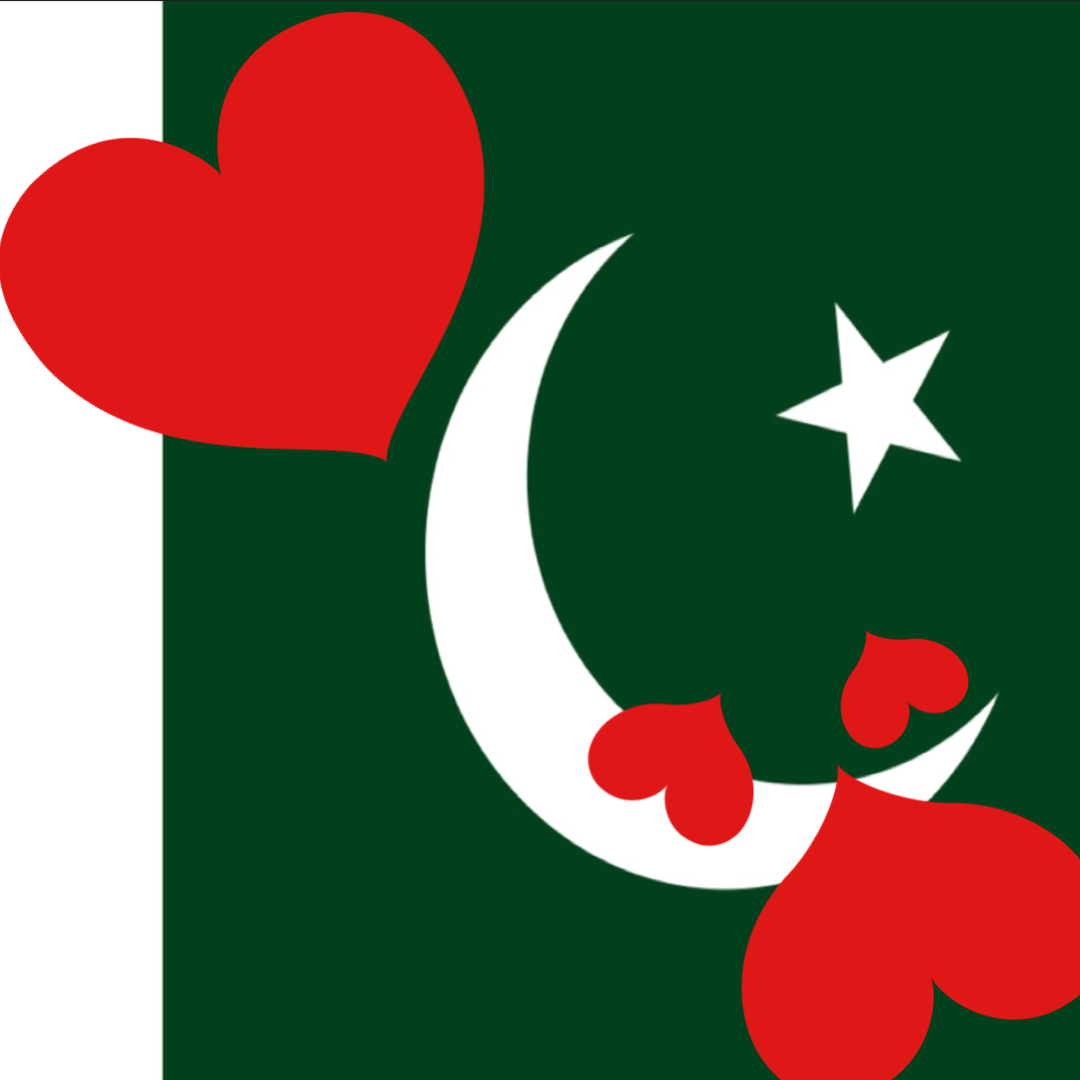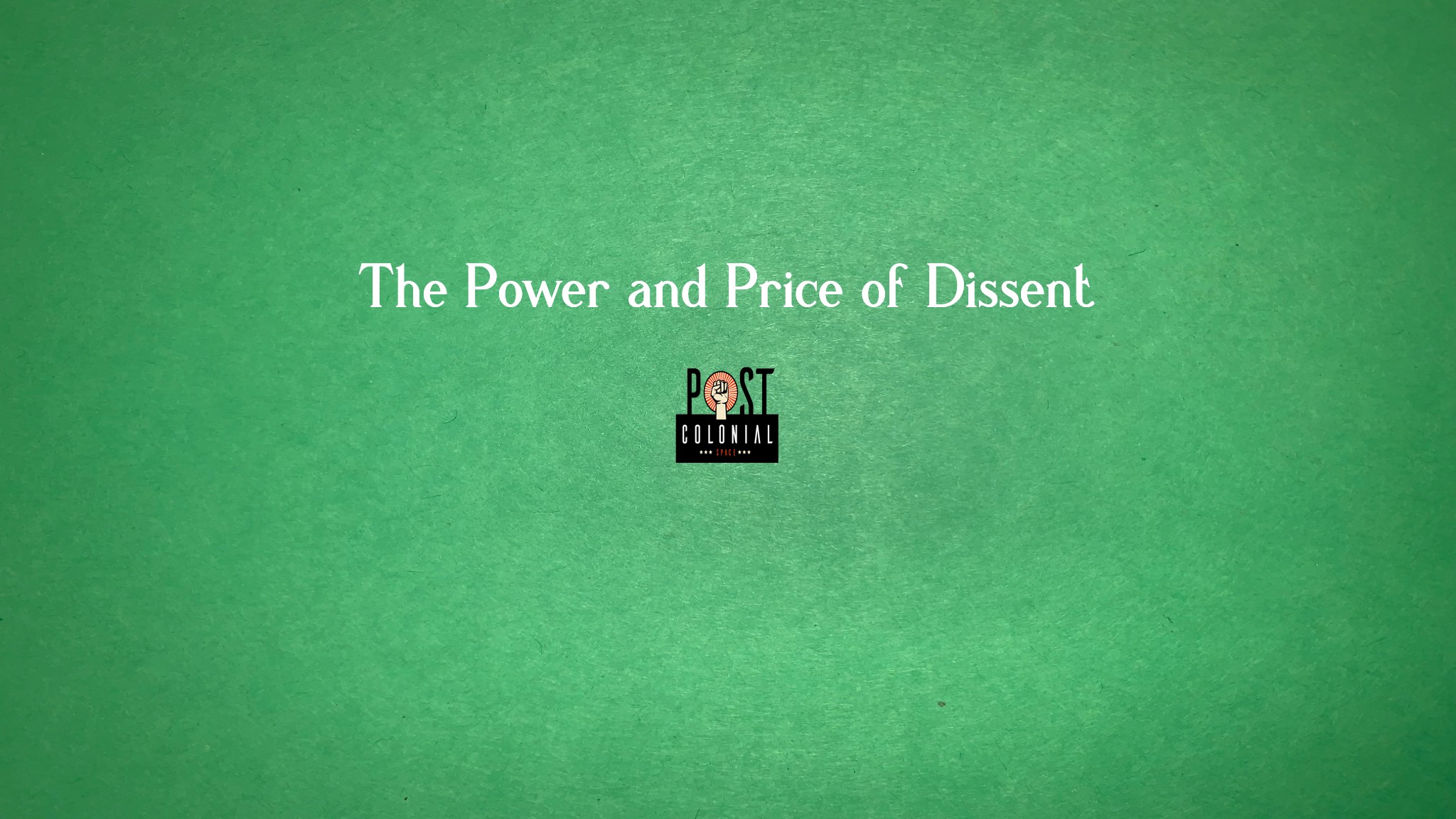I’m sure by now all of us are familiar with Dunk TV series controversy. Pakistanis on social media are divided in two factions about this series: i) those who are strongly against the series and believe that it further damages women’s rights and aggravates issues of gender violence; ii) those who strongly support this series and believe that the series represents the real life issues/threats posed by feminism to men and men’s families. The second group, along with their ideological standpoint, is also demographically interesting. It includes feminists from various genders, (semi) progressive women, self-proclaimed liberal men, conservative men, educated, uneducated, urban, and rural populations.
Second group frequently cites the cases of Ali Zafar, the professor who committed suicide after false allegations of harassment. While we still do not know the veracity of Meesha Shafi and Ali Zafar’s case, it seems the public (and FIA) have given their verdict. The decision, unsurprisingly, is against Shafi for various reasons, the smallest of which is her “failure” to provide evidence of Zafar’s harassment. But when it comes to evidence, rape laws in the country give us a good idea of the (im)possibility of proving sexual harassment. It is almost impossible to prove the physical sexual violence committed in private spaces in a court of law, let alone proving verbal sexual harassment or other prevalent but subtle forms of gender violence. How many of the victims can prove in a court of law that somebody touched them in public or in a large gathering of groups? Or that somebody made a comment of a sexual nature? Or somebody stared at them in such a way that made them feel unsafe and uncomfortable in a work or other space? Or that somebody made statements full of sexual innuendo, which could be interpreted differently in different situations but the victim and harasser both knew what the statement means in that specific time, place, and context – but the victim can’t prove that with hard evidence.
Lately, we have seen multiple reports of sexual harassment on Pakistani academic campuses and in work spaces on social media. We can all unanimously agree that it’s always men who perpetrate these offenses and crimes in Pakistani academic spaces. People, who have been in such situations (and most of us have been there), know how much is at stake if they retaliate or if they report such incidents
Lately, we have seen multiple reports of sexual harassment on Pakistani academic campuses and in work spaces on social media. We can all unanimously agree that it’s always men who perpetrate these offenses and crimes in Pakistani academic spaces. People, who have been in such situations (and most of us have been there), know how much is at stake if they retaliate or if they report such incidents. Most of the times, there are visible or even invisible systemic power relations that discourage the victims from speaking up or reporting these issues. If a professor or a boss stares, comments, or even their student or their employee, how many students or employees have the institutional support, economic resources and social connections to speak up? How many female and male students can afford to fail their degrees, prolong their theses by years, or receive lower grades – along with being laughed at by most people. Or how many can afford to lose their jobs, be stuck without a pay raise or promotion, or suffer bad review reports? These things have severe consequences for everybody’s personal and professional lives. It is also easy to dismiss these issues if one’s life is not affected by these. Being a kind, sensitive, fair, and empathic human being is the first prerequisite for understanding the ramifications of these seemingly small things.
The main argument used by people who heavily lean towards the “false accusations against men” narrative is that men’s family lives are affected by wrong accusations of sexual harassment, their reputation is compromised, or their income or professional life is negatively hit, resulting in less money or loss of their job. Sure, these experiences affect all victims. The question is why did we not and how have we still not talked about the ways these experiences of gender and sexual violence affect a woman’s personal and family life in Pakistan?
The argument that men’s lives are destroyed because of the false allegations (reportedly 5% or fewer cases) against them is inherently sexist. It assumes that men have more significant role in the social, psychological, and financial well-being of a Pakistani family. Though, if narrative evidence is to be taken seriously, a lot of working women provide financial support for their families, even when the male family members earn money. Ultimately, grocery shopping, clothing, and children’s expenses, intentionally or unintentionally, end up being a woman’s financial responsibility. As for social standing and reputation, protecting a family’s honor and reputation has always been a woman’s responsibility in honor societies like Pakistan. It is normal for men to have extramarital affairs or marry more than once without the first wife’s permission, or remarry for a male child. Women go through gender indoctrination (that relies on threats of violence if women deviate from the norms) and are punished in explicit or subtle ways if they dare report any incidents of sexual and gender violence.
In this argument, we also tend to ignore how women who go through these experiences usually have no hope for justice and eventually even support. Pakistani society quickly even tires the supportive families; most families take the easier route and marry their daughters off or force them to quit their job or education or force them to stop going to any place where they face these issues. In our honor society, a man’s suicide or complaints about false accusations have led to the discussion of the nuance of gender violence but a woman’s suicide is usually seen as the humiliation of the family and destruction of her own and her family’s reputation.
As a collective, Pakistanis only care about our obedient daughters, or women who are pious, timid, and submissive. Some might say that most of the TV dramas focus on women’s issues. But I encourage the reader to think about the ways women respond to these issues in the TV series. They usually cry, complain, tolerate and sometime get rewarded in miraculous, supernatural ways. These TV series portray educated and confident women as conniving, shrewd, evil, go-getters (the kind that flirt with their brothers-in-law and ‘destroy’ homes). Since most of our young women now are confident and educated, this seems like an intentional attempt at vilifying young feminists, women who demand a better treatment. If bad human actions aren’t God’s command, then we shouldn’t need God’s intervention for at least recognizing, if not rectifying, all the damage that men’s violence against women does to the psychological, emotional, and financial well-being of a woman and her family. These offenses and crimes committed on the basis of gender and sex not only disturb a woman and her family, but also destroy the fabric of a whole society. Eventually, it is up to Pakistani men to learn about the nuance of gender relations and try to better themselves instead of shifting the blame to feminists.




Ma’am Iqra has vast knowledge and courage to speak what comes in her mind on the topic of gender studies or feminism. She has deftly elaborated the gender-based violence in the diverse community of people.
A compelling write up.